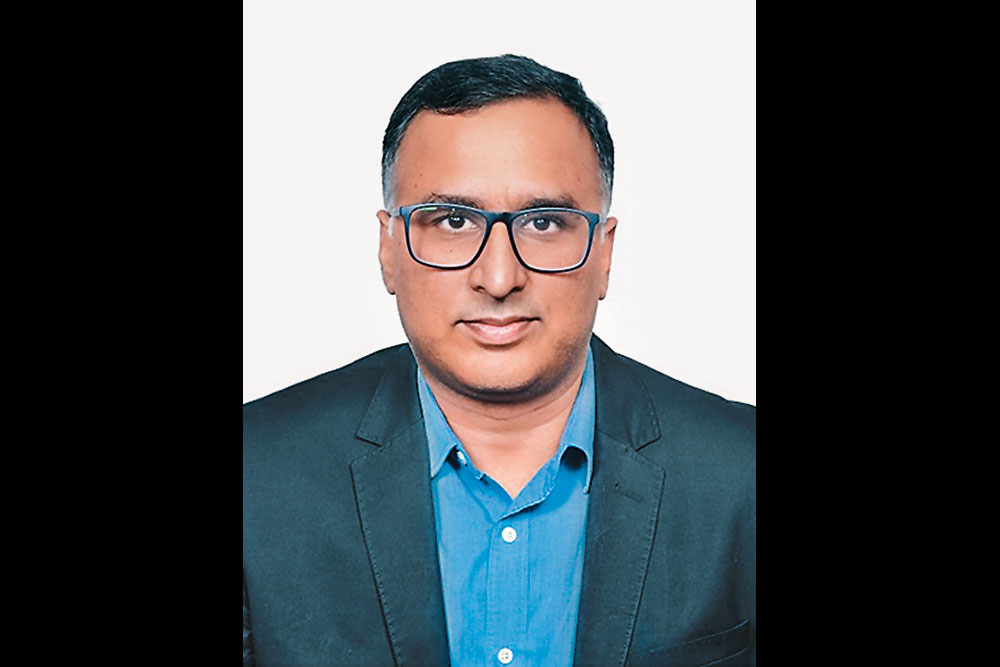Retiring in 40s is a dream for many. Some see it as a medium of getting out of the rat race, and some to discover the world or devote time and energy to things that they could not do otherwise. For some others, early retirement means financial freedom, while others doubt if early retirement is even possible?
Understanding Early Retirement
Early retirement refers to a phase wherein an individual is neither absolutely free nor working at full capacity. Early retirement means retiring from routine corporate job or business, but working on something one loves, which gives happiness and also promises modest income to offset living expenses. While many dream about achieving this, very few methodically initiate steps to save, invest, and plan a proper retirement pathway under expert guidance.
While there is no perfect time to start retirement planning, it is always advisable to begin in the early years of life. The earlier you want to retire, the earlier you must start saving and investing. By starting early, one can spread investments over an extended period, thus mitigating market risks, while enjoying the benefits of compounding.
Importance Of Retirement Planning
While everyone wants to retire early, most are not sure as to how much money is required to retire well, till what age one would like to work, and whether they are investing enough, or even investing in the right avenues? That said, one can get clarity on all this and more through proper retirement planning. It is important to remember that there is no ‘one size fits all’ retirement plan. The plan is unique to every person and family, as it depends largely on individual goals, income levels, saving patterns, and risk appetite.
Asset Allocation
The road to a robust retirement plan traverses the right asset allocation pathway. Asset allocation means spreading your investments across different asset classes—equity, debt, gold/silver, and cash as a means for the portfolio to generate optimal risk-adjusted returns.
Retirement being a long-term goal, a sizeable part of your savings can be allocated to wealth creating asset classes like equity, in the initial years. This may help you reach your retirement goal earlier. For instance, if the target retirement corpus is Rs 2 crore and you can save Rs 20,000 per month, investments in a fixed instrument having 5 per cent compounded return will take 33 years to reach the target investment amount. But if the same amount is invested in an instrument that provides a compounded annual return of 10 per cent per annum, then you will be able to reach your target in less than 23 years. This means you can retire a decade earlier. Instruments like mutual funds that are tax efficient will make the path that much smoother.
Investor Behaviour Roadblocks
Delaying Investment Decision: Many might have a retirement plan but could postpone investing, and the delay could prove costly. For instance, one can create a corpus of Rs 2.7 crore in 25 years by investing Rs 20,000 per month at a rate of return of 10 per cent per annum. A delay of five years and 10 years, would increase the monthly investments to Rs 35,000, and Rs 65,000 at the same rate of return.
Lack Of Discipline: While retirement may be several decades away, developments like Covid, the Russia–Ukraine conflict, and so on, has led several investors to deviate from the plan or even stop investing altogether. The folly of this move is only realised years later, and it dearly affects the prospects of early retirement. Discipline is all about starting early and investing regularly, irrespective of events.
To achieve early retirement, a well thought-out plan and investor discipline are required. While the target of several crores may look tough, with a robust retirement plan and discipline, it can be achieved easily. The choice an investor needs to make is between unnecessary high spending today versus saving for a better future.

